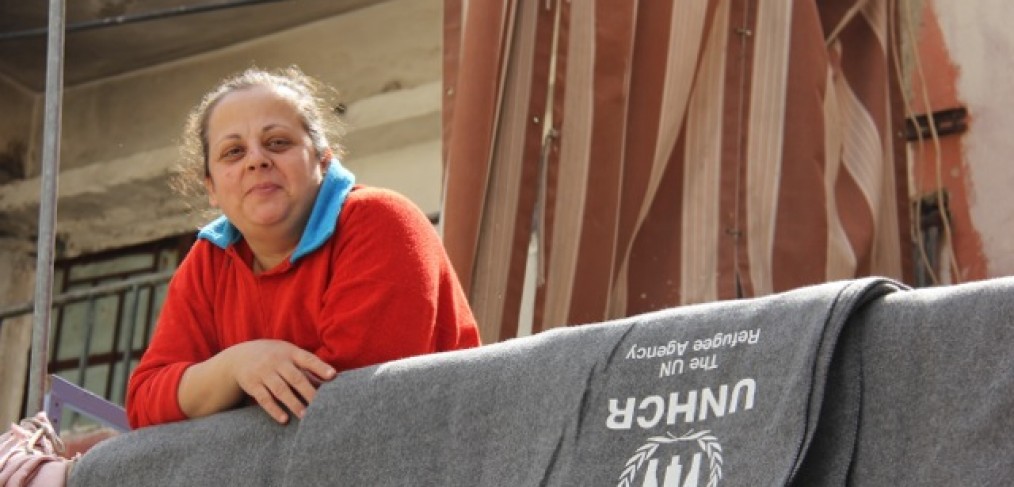
The Urban Refugee: The New Face of the Displaced
I recently went to Jordan and Lebanon to interview Iraqi and Syrian refugees. I met refugee after refugee but here’s what I did not see:
Families huddled in tents.
Children hauling heavy containers of water.
UN guards standing in front of barbed wire fences.
While those conditions exist for many refugees, there’s another reality for hundreds of thousands of the displaced in the region.
The bustling cities of Amman, Beirut and Istanbul now bulge with refugees. Entire families squeeze into one-to-two room apartments; others shuffle from a relative’s home to another and some bed-down in dorm-room style accommodations in churches or shelters.
Despite all the cramped quarters, refugees continue to stream into the urban centers. The streets, the schools, the job market–all appear on the verge of buckling from the added weight.
I spent a few days interviewing and walking around one neighborhood in Beirut where there are approximately 45,000 Syrian refugees crammed in amongst the Lebanese.
I talked with children riding bicycles, mothers getting groceries, and fathers manning shops. One thing that was clear: these refugees are like us in the West in so many ways. Prior to the war in Syria, the chemical warfare and the terror of ISIS, these were men, women and children who embraced education, devoted themselves to family, and desired meaningful work.
And when they got displaced so much else got dismantled too.
Getting an education for the refugee youth now presents a profound challenge. Al Monitor did an insightful piece on this. Here’s an excerpt:
“Based on UNHCR reports, 400,000 Syrian children between the ages of 5-17 are registered in Lebanon and only 30% of them are receiving proper education. The UN reports that, as of March in Lebanon, there are more school-age refugees than the entire intake of the country’s public schools.'” (Read more: http://www.al-monitor.com/pulse/originals/2015/03/lebanon-education-crisis-syria-refugees-children-schools.html##ixzz3XOFHGbic)
And making a living is perhaps even more difficult. Mercy Corps reports:
“Most refugees must find a way to pay rent, even for derelict structures. Without any legal way to work in Jordan and Lebanon, they struggle to find odd jobs and accept low wages that often don’t cover their most basic needs. The situation is slightly better in the Kurdish Autonomous region of northern Iraq, where Syrian Kurds can legally work, but opportunities are now limited because of the conflict there. And language is still a barrier.” (Here’s quite a helpful snapshot of the situation by Mercy Corps: https://www.mercycorps.org/articles/turkey-iraq-jordan-lebanon-syria/quick-facts-what-you-need-know-about-syria-crisis)
In the midst of these intense challenges I happened upon an astonishing phenomenon: joy. I interviewed several refugees who have discovered a community of faith that has reframed their current circumstances.
Here’s a look at two women I met. Their names have been changed for security reasons.
Abida is a mother of three from Aleppo, Syria. She gave birth to her third child in the midst of bombing and chemical warfare. Her family eventually escaped to Beirut. Here she met a community of Christians that has given her a deep sense of belonging.
“Others would say that we left our homes in Syria, but according to me, I don’t feel I have left home….I feel my big home is here.
Yes, I left a home but I have a castle here where all the family (community of Christians) gathers like a house with a grandpa and grandma. This is how I feel. My whole family is this community of Christians and everyone is like a brother and sister to me. Sometimes I feel sad or angry from the home situation or the financial situation. But then I feel their faith and it encourages me to know God.”
I also met Fariha. She’s 53-year-old mother of six; two of her adult children are severely handicapped. She’s from Afrin, Syria. When she saw bombing from her roof she wondered how would she continue to get the medical care needed for her children. So the family eventually made it to Beirut.
She too met a community of Christians. Her newfound faith in Jesus has invigorated her life.
“I didn’t know about Jesus before and I was bored. Now I am not bored, on the contrary. I come and go to church. When they sing there, I want to dance! I didn’t know how to read much, but now I go to church, and they put the songs up on a screen, and I am knowing all the songs. There is a lady who saw me and said: ‘Ahhh my aunty knows all the hymns, and has started singing like those people.’
It’s now been six months since I’ve been going to church. They are family for me. When I go there I forget everything. I see Jesus in them. When I go there, my heart is opened and I feel Jesus is with me. I feel He is in my heart. Because I believe in him, when I go and they talk about Jesus my eyes start tearing.”
Both Abida and Fariha pray for their people in Syria. They long to see peace return to the country and the people they love. Yet, in the midst of the displacement and cramped quarters they have found a faith and a community that has somehow expanded their joy and enlarged their understanding of family.
I ventured into this project desiring to bring back images and stories from refugees that looked different than what tends to be shown on the news. I had been intrigued to hear about the hundreds of thousands refugees living outside of the camps and informal settlements. I had wondered what were the particular challenges they faced.
However, what surprised me most was the warmth shown and exuberance expressed from those such as Abida and Fariha. They both told me that despite all the disruption and suffering it’s been worth it because they have a sense of love like they have never had before.
I spent an afternoon photographing in that neighborhood in Beirut. Here’s a glimpse of life there. Not all living there are refugees. However, what struck me was how entwined the refugees and residents seem. So note: not all imaged here are necessarily refugees.

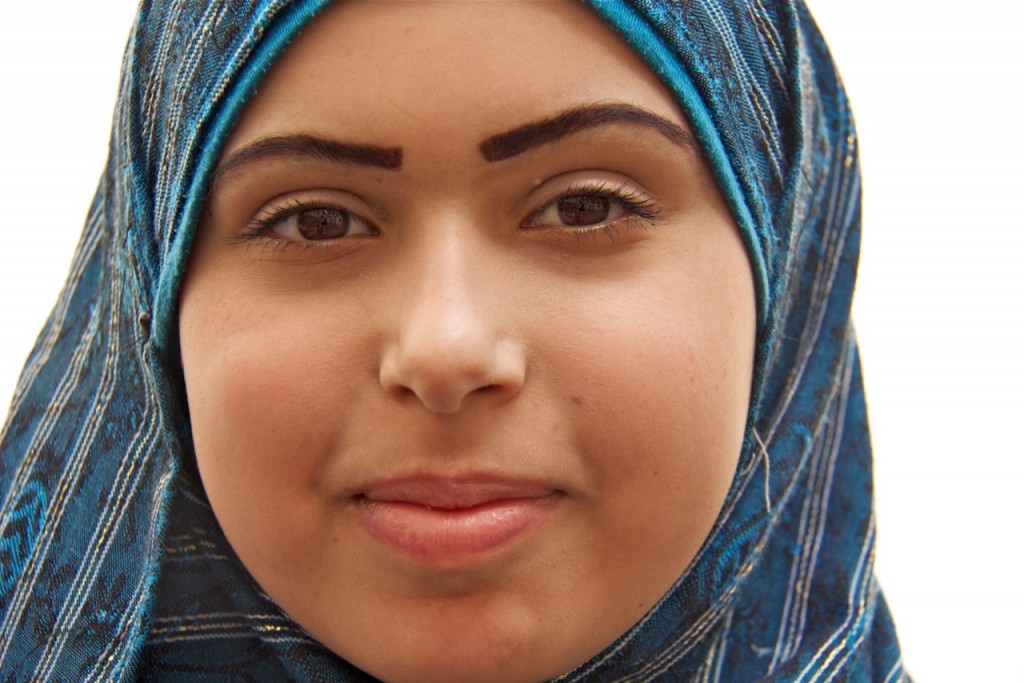
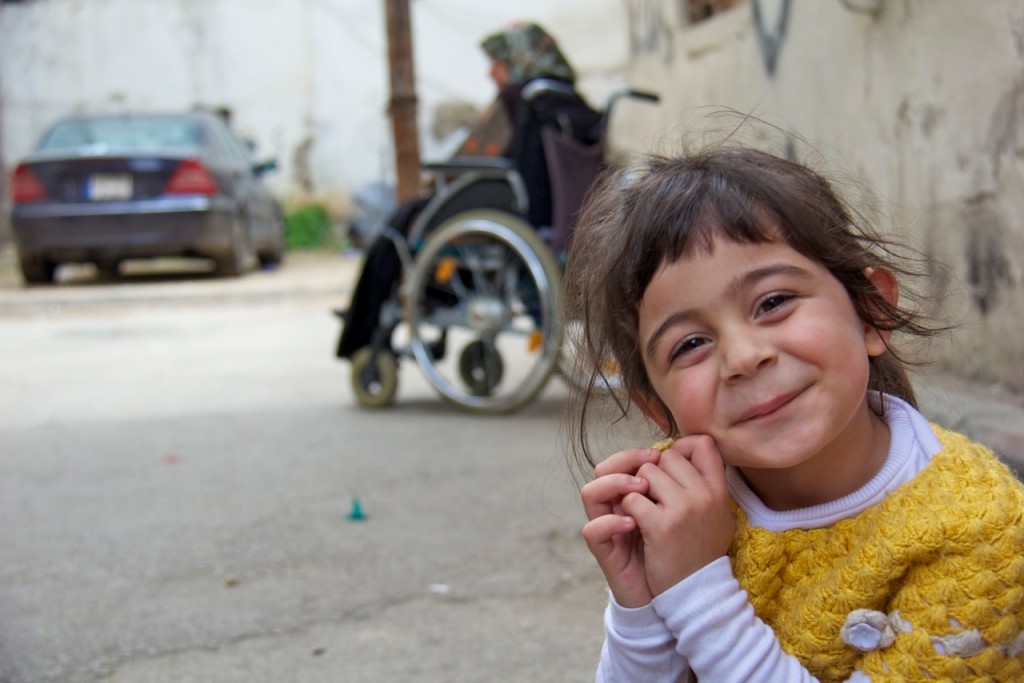
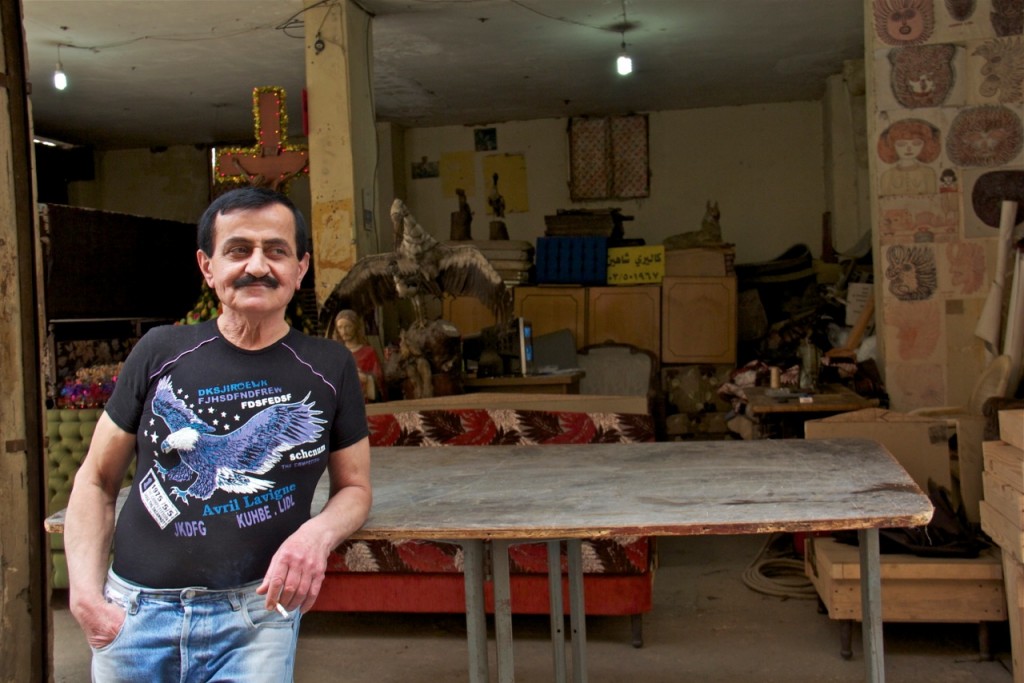
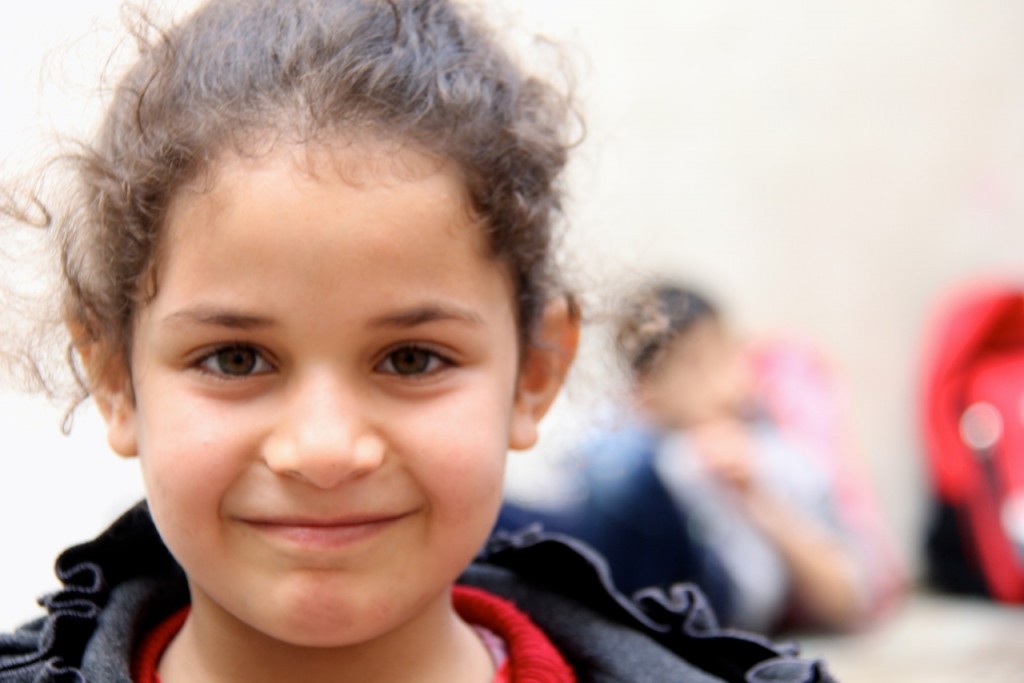
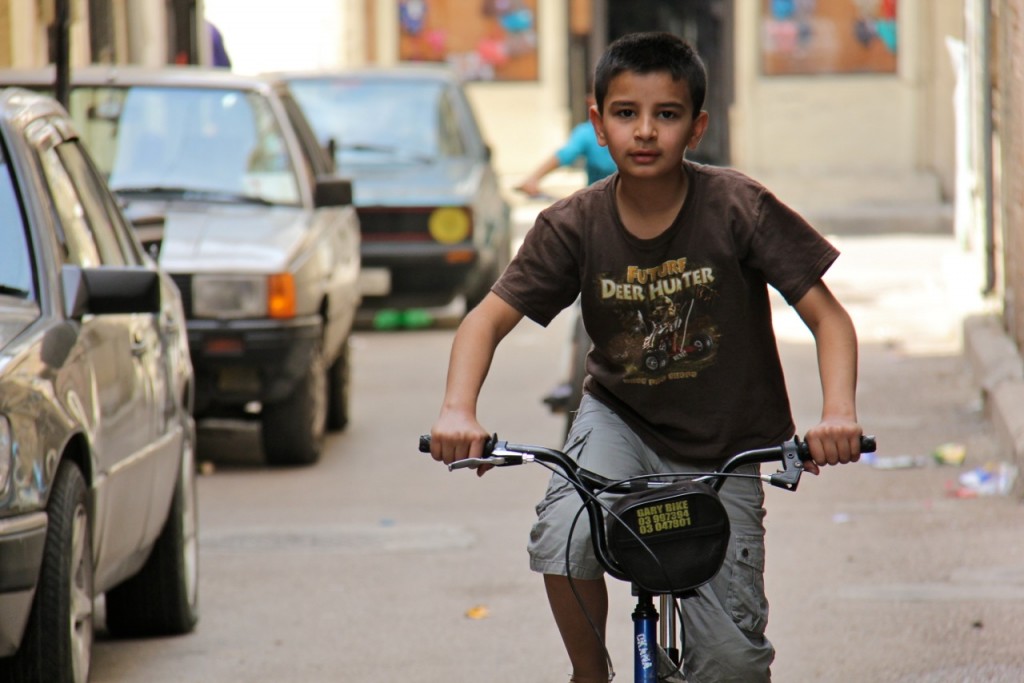
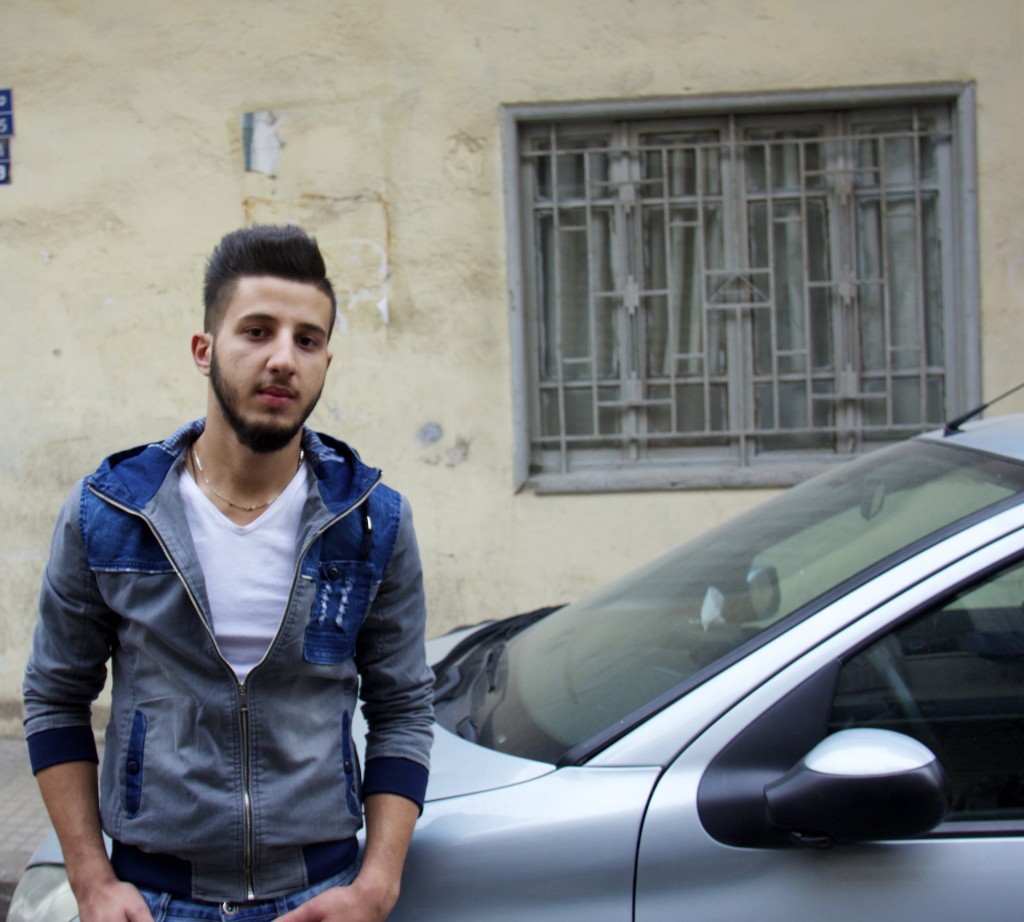
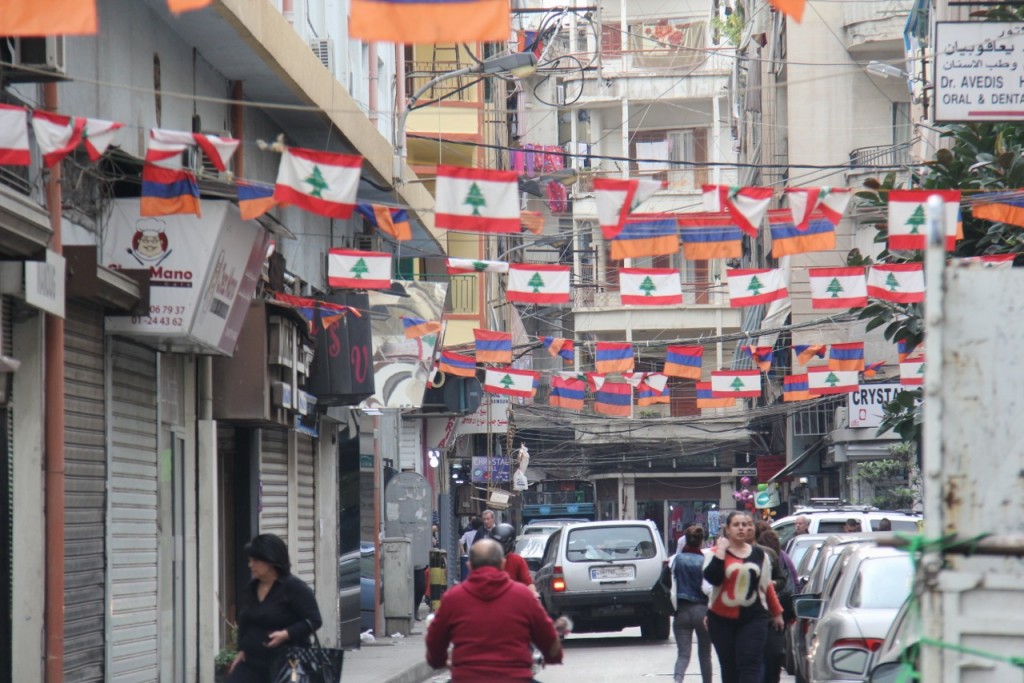
Thanks Tamara, for helping to provide a more nuanced and personal understanding of the refugee crisis to people around the world who really want to hear this part of the story but have few opportunities to do so!
You were a blessing to us in Lebanon and we pray you come back to visit soon!
Thanks, Pierre! It was such a gift to meet you and your father…and get a glimpse of the extraordinary work you all are leading. I was deeply inspired by the refugees I met. It would be pure joy to return. May you continue to experience God’s joy and strength in your work. Huge cheers!